As long as there’s a need to get materials from point A to point B, a functional logistics industry is required. It’s even more vital for a place like Hawai‘i, located in the middle of the world’s largest ocean.
Assuming the materials aren’t manufactured or grown here in the islands, they need to be transported here from elsewhere. Cargo ships and aircraft carry goods across the ocean, planes distribute them between islands and trucks deliver them to their final destinations.
The last several years have brought unique challenges to the local construction industry. To understand how logistics currently fares amidst these pitfalls, Building Industry Hawaii speaks to some of the shipping and transportation companies that service Hawai‘i either by bringing the materials to the islands or getting them to destinations across the state, or both.

PAUL SKELLON,
PACIFIC AIR CARGO
DIRECTOR OF MARKETING, COMMUNICATIONS
AND PUBLIC RELATIONS
Let’s get the bad stuff out of the way first: I think the most negative trend at the moment continues to be as a result of overcapacity in the air cargo industry.
Many new entrants joined the industry when they saw the huge airlift demand during COVID. This was a very shortsighted view and understanding of how the markets perform historically, and it resulted in the pain the industry has felt over the past 12 months.
With the post-COVID return of belly-hold cargo space in the passenger airline market, this has also impacted cargo volumes for the specialized cargo carriers, such as Pacific Air Cargo.
On the positive side, Pacific Air Cargo has multiple interline agreements with several of the Asia-Pacific airlines for whom we manage their cargo ground handling, and in many cases, we transport a portion of the cargo they offload in Honolulu, which is destined for the West Coast (LAX).
This business had completely dried up during COVID when no passenger services were operating into Hawai‘i. We welcome the return and the steady growth of that sector of our business.
What are the current challenges that your company is facing?
SKELLON: Probably the most significant challenge we continue to face is the very high price of fuel. With conflicts raging in different parts of the world and higher winter demand for fuel, global oil prices have increased significantly and that of course flows through to the price of jet fuel, too.
In addition to high fuel prices, we have been challenged by labor shortages in Hawai‘i, again a direct result of a changed market environment and work practices post-Covid. I am happy to say, however, that in recent months that situation has stabilized for us, and I believe that’s largely as a result of our very competitive employee benefits packages, a fun and inclusive culture, and the opportunities we offer for growth and progression in the industry.
We are an organization which is very focused on the wellbeing and personal development of our team members.
What bright spots do you see in the year ahead?
SKELLON: For the past 24 years, we have successfully navigated, grown and performed well throughout the frequent array of external challenges that impact aviation more than any other industry.
I see no change to those external forces continuing to impact us from time to time in the future, but we are very nimble, very experienced and we are highly motivated to remain successful and to provide a stable, safe and healthy environment in which our people can flourish and grow.
To what extent do supply chain issues remain a concern? How are you navigating those waters (so to speak)?
SKELLON: Certainly, some supply-chain issues remain and can impact the timely delivery of spare parts for the aircraft and for our essential ground-handling equipment, but the logistics industry is working hard to return the markets to pre-pandemic performance or better.
We have been fortunate that strong, long-lasting relationships with our suppliers have helped us minimize the impact to our operations.
How has the tragedy on Maui affected operations?
SKELLON: First and foremost, it broke our hearts … but not our spirits! As a company, we did what we always do best — we pulled together to help each other and our community.
Pacific Air Cargo’s philanthropy operation, PAC Gives Back, sprang into action and together with many of our partners and team members we were able to deliver vital relief supplies to the affected communities on Maui in the immediate aftermath of that tragedy.
Are there other economic factors or pressures that are impacting the industry and/or your operations?
SKELLON: The high cost of living and of doing business in Hawai‘i certainly impacts business competitiveness. This environment has existed for a long time and is unlikely to change anytime soon, so it forces businesses like ours to be vigilant about managing costs and to be innovative in order to be more efficient and productive.
We do, however, see exciting new growth opportunities through new and expanded partnerships, interline agreements, collaborations and through the growth of our ad-hoc full- and part-charter business throughout the Pacific.
Anything else you’d like to add?
SKELLON: The world of aviation is very cyclical, and we know that current market challenges will in time give way to bright new opportunities.
Hawai‘i’s geographic location means we’ll always need quick, efficient and modern air cargo links to the U.S. mainland and to our Pacific Rim partners. That’s good for us.
As we look ahead in 2024, we’ll be increasingly focused on service excellence and continued investment in our people and in the tools they require to deliver uncompromising service, so we are very optimistic about our future in both the near and longer term.


